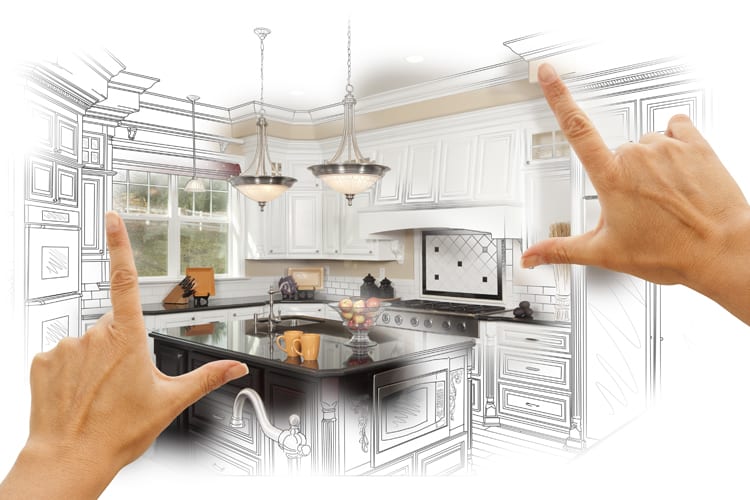Home is not just a place where you live it is an extension of your personality and a canvas for self-expression. The way you design and decorate your living space can profoundly impact your daily life and well-being. This is where a residential interior designer comes into play, helping you create home interiors that truly reflecting your identity and cater to your unique preferences. The first and foremost role of a residential interior designer is to understand your vision for your home. They take the time to listen to your ideas, preferences, and lifestyle requirements. This initial consultation is crucial as it sets the foundation for the entire design process. By getting to know you and your family, the designer can create a space that not only looks appealing but also functions effectively to meet your needs.
Tailoring Design Concepts
Once your interior designer has a clear understanding of your vision, they can start developing design concepts that align with your identity. They take into consideration your style preferences, whether it is modern, traditional, minimalist, eclectic, or something entirely unique. They also consider factors like your favorite colors, textures, and materials to ensure that the final design resonates with your personality.

Space Planning and Functionality
Creating a space that reflects your identity is not just about aesthetics it is also about functionality. A skilled residential interior designer pays close attention to space planning, ensuring that each room in your home serves its intended purpose while maintaining a harmonious flow. Whether it is optimizing storage solutions, maximizing natural light, or creating versatile multi-purpose spaces, the designer’s goal is to make your home both beautiful and practical.
Selection of Materials and Furnishings
One of the most critical aspects of interior design is the selection of materials and furnishings. Your designer will curate a palette of materials, including flooring, wall coverings, fabrics, and finishes, that align with your preferences and budget. They will also assist in selecting furniture pieces that not only match your style but are also comfortable and functional. Every element chosen is a reflection of your identity, making your home uniquely yours.
Attention to Detail
A residential interior designer is known for their keen attention to detail. They understand that small details can make a significant difference in the overall design. Whether it is the choice of hardware for cabinets, the placement of lighting fixtures, or the arrangement of decorative accessories, every detail is carefully considered to enhance the space and reflect your identity.
Creating a Cohesive Look
Creating a cohesive look throughout your home is a skill that interior designers excel at. They ensure that the design elements flow seamlessly from one room to another, creating a sense of unity and balance. This cohesive look not only reflects your identity but also creates a welcoming and harmonious atmosphere in your home and visit now https://bilalrehmanstudio.com/pages/houston.
Project Coordination and Execution
Once the design is finalized, your interior designer takes charge of coordinating the various aspects of the project, from hiring contractors to overseeing the construction or renovation process. They ensure that the design is executed accurately and to your satisfaction, alleviating the stress of managing the project on your own.
